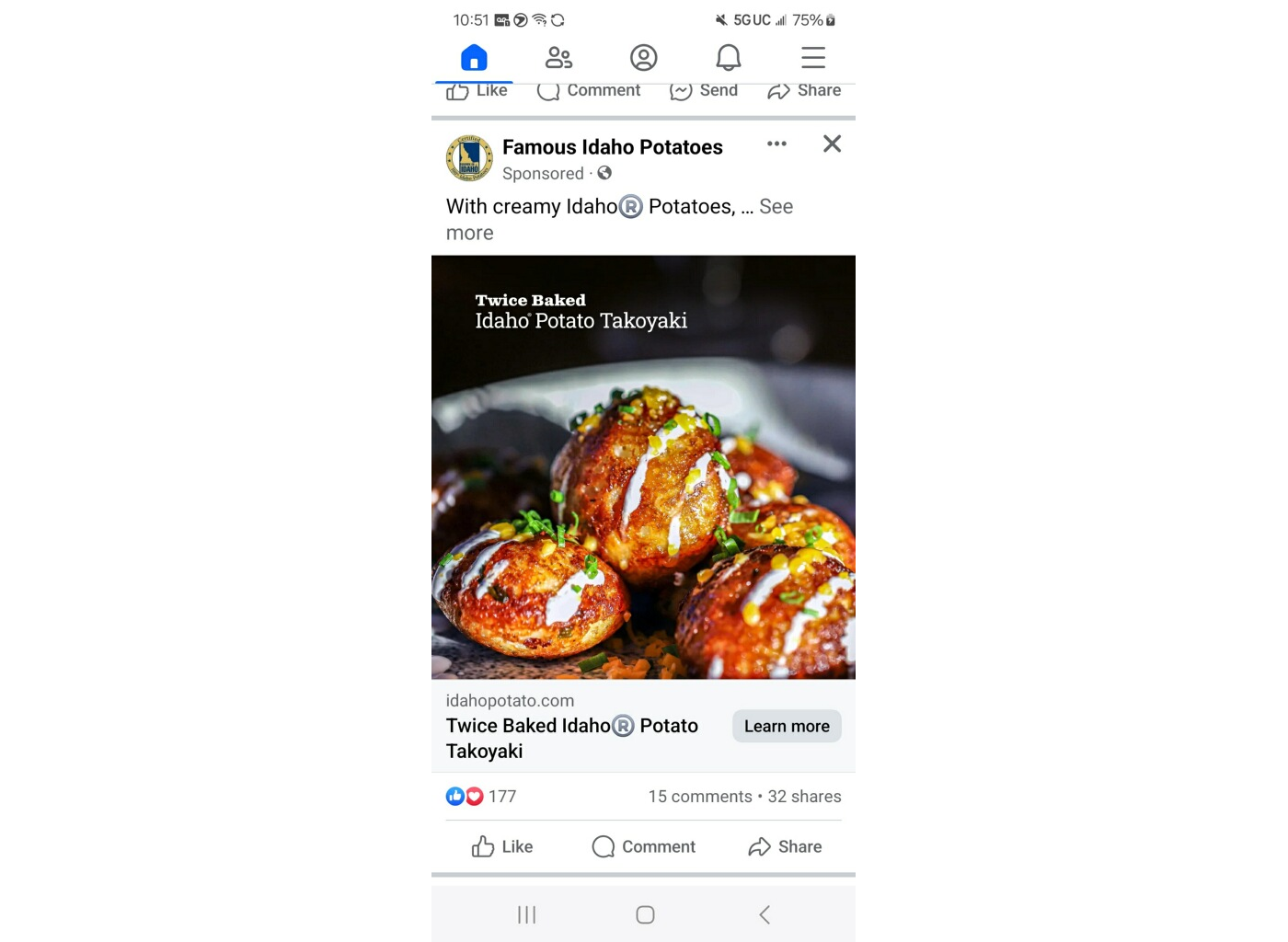Unexplained Potatoes
Latest posts by Jonathon Hall (see all)
- PureOS Crimson Development Report: November 2024 - December 16, 2024
- Purism’s PureBoot is Not Affected by UEFI Key Leaks (Again) - July 29, 2024
- From the Hackdesk: Librem 16 - May 30, 2024
Did you say Idaho Potatoes?
Earlier this week, I was at a wedding, talking to a friend. She asked if I’d ever been on a cruise – I have, once, years ago, and I proceeded to tell her the story of a couple from Idaho that we ate dinner with every night on the cruise.
Idahoans are notoriously proud of Idaho potatoes, so every night they would make a special point to ask the waiter whenever potatoes were served or even in a dish: “Are these Idaho potatoes?” The waiter would typically respond with a jovial “Of course!”. Then we’d all try it to amuse our Idaho friends, who would once again tell us that these are indeed not Idaho potatoes—and I believe a couple from Idaho when it comes to potatoes. (In Indiana, we’re equally proud of our corn.) It’s a fun story and usually good for a laugh, and my friend at the wedding enjoyed hearing about this cruise and specifically about the Idaho potatoes.
I met lots of new people at the wedding, we often talk about our jobs. By this time, I’d given the elevator pitch about why I work for Purism a few times – “We should carry devices designed for our own benefit, not designed to maximize value to the shareholders of an advertising company.”
Phone monitoring? Data predictions? Mystery code?
A few hours later, that same friend’s phone (whom I told the story about Idaho Potatoes to) showed her this ad:

This surprised both of us. It used the exact words I had – “Idaho Potatoes”, not a related product like hash browns. General product advertising is something that does occur (“Got Milk?”) and while Idaho Potatoes are a general product to advertise, my friend had no interaction or interest in Idaho or potatoes; so this mystery advertisement seemed to have no sensible reason why it appeared.
It’s a Mystery
I have no evidentiary explanation for this ad. To my knowledge, neither of us sent anything to anyone about the story – it was a good laugh and we moved on to other topics. I know my Librem 5 wasn’t sharing our activities with advertisers, so that leaves her phone monitoring (creepy), or behavioral predictions (also creepy), strange coincidence (possible), or something else.
I have a range of theories, but that’s not the point. The point is we cannot know, and we shouldn’t have to wonder what we did that was collected and could influence this ad choice. We should know what is collected and where it is sent. We should have control over it.
The cost to get at that evidence is nearly insurmountable; having to likely disassemble the proprietary software on this phone to try to get an idea of what it’s doing, the cost in time and effort means that it is rarely done.
I know the problem didn’t stem from my phone, since I use a Librem 5. Free and open source software puts me in control. The authors can’t work against me, because I can choose to take part of the software and reject another part.
That’s one of the many reasons I use free and open source software, it’s why I use a Librem 5, and it’s why I work for Purism.
Cover photo courtesy of photos-public-domain.com, public domain in the US and Creative Commons CC0 licensed elsewhere. Thanks to my friend for permission to share the screenshot and story.
Recent Posts
Related Content
- A Quarter Century After Cyberselfish, Big Tech Proves Borsook Right
- Librem PQC Encryptor: Future‑Proofing Against Both SS7 and Quantum
- 60 Minutes Uncovers Hacks on America’s Infrastructure
- Code is Power!
- Purism Defends the Fourth Amendment in the Digital Age


